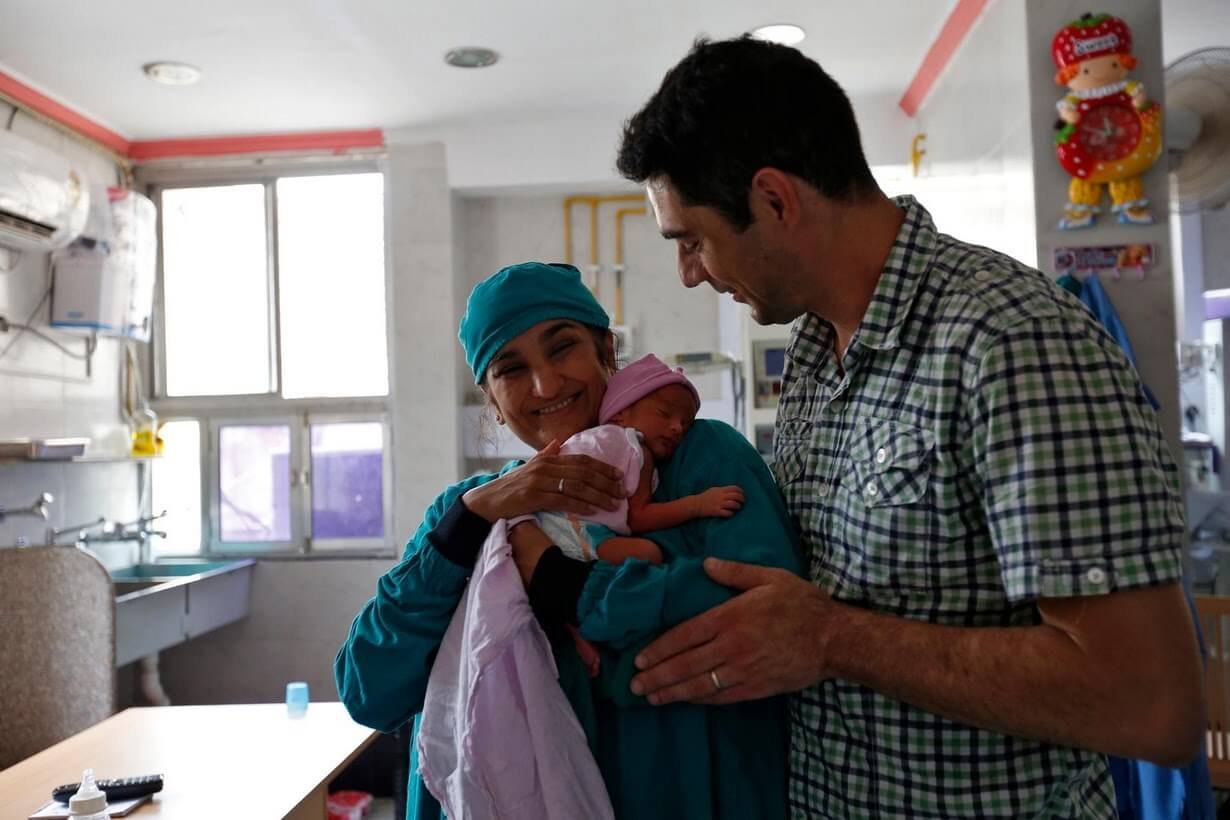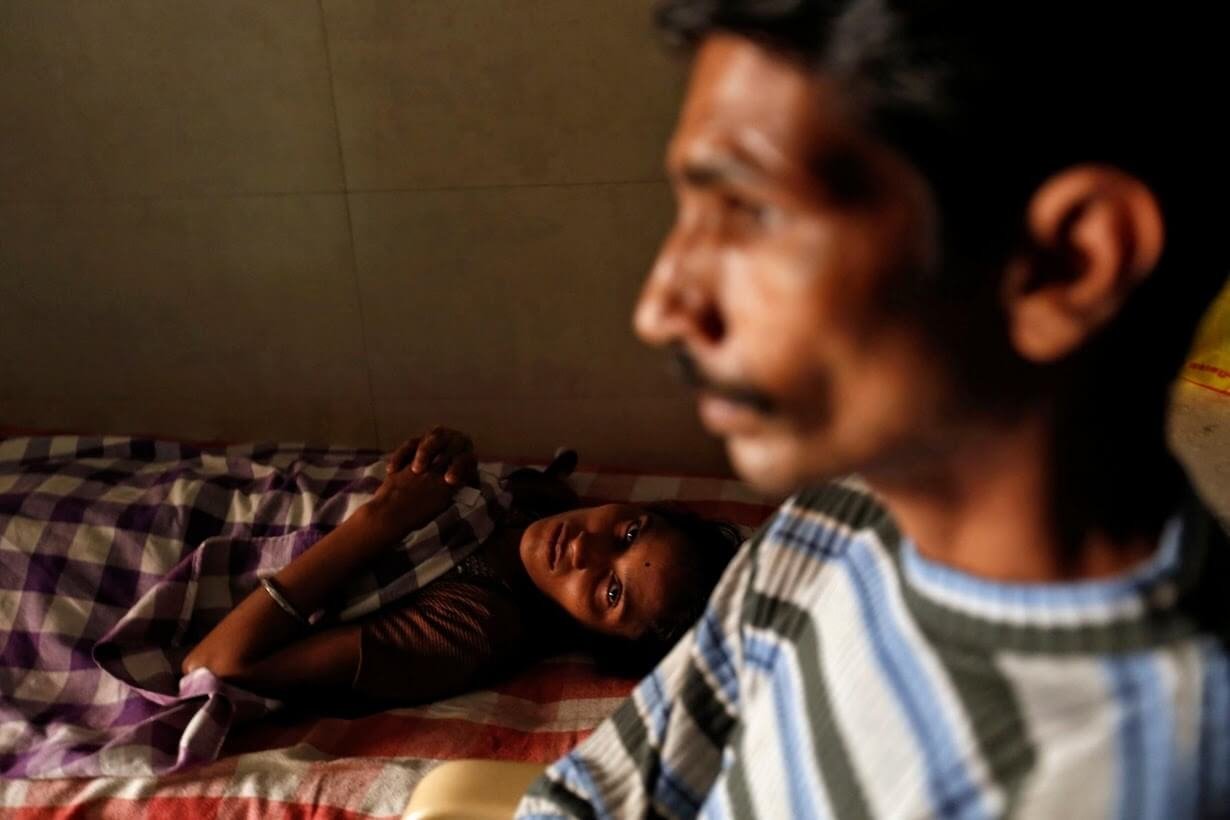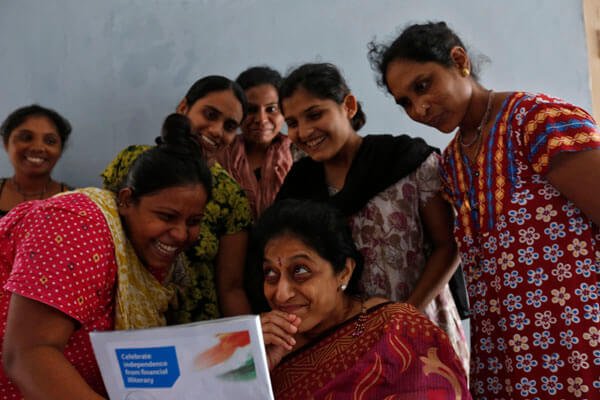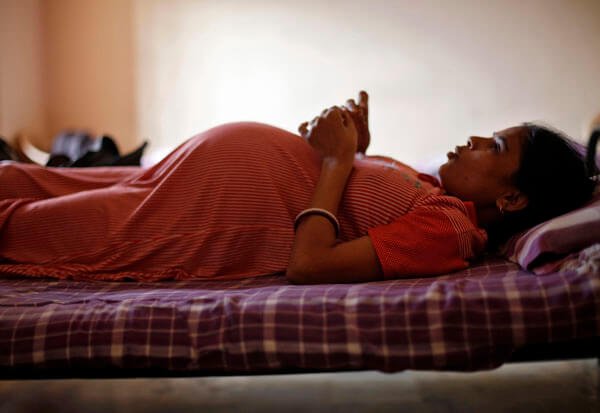On August 24, the Cabinet finally cleared the much-awaited Surrogacy (Regulation) Bill 2016. Which has managed to create a stir amongst different circles and fraternities. And with good reason. Tightening the legal noose around the business of womb rentals, the bill disallows commercial surrogacy. Only altruistic surrogacy will be allowed and that too with many qualifiers.
The government has projected the bill as an ethical corrective measure to deal with the controversial issue of surrogacy. It also claims to uphold the rights and dignity of surrogate mothers and children.
Like other radical medical advancements, surrogacy too is a matter of deep ideological concerns across the world. The policy gradient on surrogacy is rather interesting with even developed countries divided on the same. In the US, many states allow commercial surrogacy. In UK, Denmark and Belgium, only altruistic surrogacy is allowed. Other European countries like France, Germany, Spain and Italy ban all kinds of surrogacy.

And it’s thanks to countries such as these that the surrogacy business in India was estimated to be over $400 million in 2012. People aspiring to be parents from across the world have been flocking to India ever since surrogacy was legalised here in 2002. Lower medical costs and a relative ease of operations established surrogacy tourism as a phenomenon to reckon with.
It was only a matter of time before the authorities would swoop down on this industry. After all, the rampant exploitation of women from socio-economically weaker sections of society by greedy and unscrupulous middlemen could not be ignored for long. In commercial surrogacy, to put it straight, the bodies of women in need are used by those who can afford them. Just like in the world of sex-workers, or in that of manual scavenging, or even coal mines.
Similar ideas of choice and agency operate here. Would a woman really choose to use her womb if she had other ways to earn her livelihood? The bill sets a limit even when it comes to altruistic surrogacy. No woman can become a surrogate mother more than once. It cannot become a business.

But the issue of choice and agency is only one of the many tiers of complexities surrounding surrogacy in India. Women’s health opens an entire Pandora’s Box of contradictions. In India, the maternal mortality rate is alarmingly high and it has been a matter of continuous concern from the UN-initiated Millennium Development Goals to the recent Sustainable Development Goals. Data such as 140 deaths reported per 100,000 live births in 2015 forces us to see surrogate pregnancies in a different light.
Surrogate mothers at certified centres usually receive good prenatal and antenatal care as part of the contract with the intended parents. This may be one of the reasons why some women opt for surrogacy more than once. Not only do they receive a fee for their nine-month ordeal, the entire process is made smoother with good medical attention, an improved diet and a change in lifestyle.

At this juncture, I would like to pose some questions. Does surrogacy have an impact on the number of natural pregnancies for the mother? Does it result in a lesser number of her “own” children? If yes, can we see surrogacy as impacting these women positively?
There are no studies on this as yet but this thought is worth considering. Having experienced optimal healthcare services, did the surrogate mothers aspire for or demand similar conditions to give birth to their own children?
However, all of the above operate, if at all, on the assumption that the surrogate mothers not only have the agency but also steer clear of touts and unethical medical practitioners. Also, these positives may or may not offset the emotional and social ramifications of the process. Surrogacy is still a stigma for many.

Coming back to the Bill, there is a lot that is left desired in the current dispensation. What irks the most is the discrimination against single parents, homosexual couples, couples with existing biological or adoptive children. When the Supreme Court has already ensured the rights of a single mother to be the sole guardian of her children, why is there a need to cast aspersions on her ability to deal with a surrogate child? Unlike an unplanned pregnancy culminating into childbirth, surrogacy is usually a much deliberated upon decision for the intended parent – be it a man or a woman. The financial implications are significant too.
Does it not, then, make better sense to spruce up the background check processes, which in any case need a desperate overhaul in each department? The argument that a child needs both the parents is certainly an archaic one. Yet, if we were to stick to it, why discriminate against same sex parents? Article 377 is already a crying shame, why add insult to the injury?

Lastly, surrogacy is at par with organ donation by the living: a case of medical altruism. It is important therefore, that the rights of both the givers and takers are protected. Why take away the right of a working woman who chooses to have a child after the biological clock has stopped ticking? Of course, her right cannot trample upon that of the woman who bears her egg.
But a blanket ban does no good to both. Instead, it creates a market for bootlegged babies because from Niyog in ancient times to surrogacy now, we find ways to procreate even when we naturally cannot.
(Feature Image Source: Reuters)

















